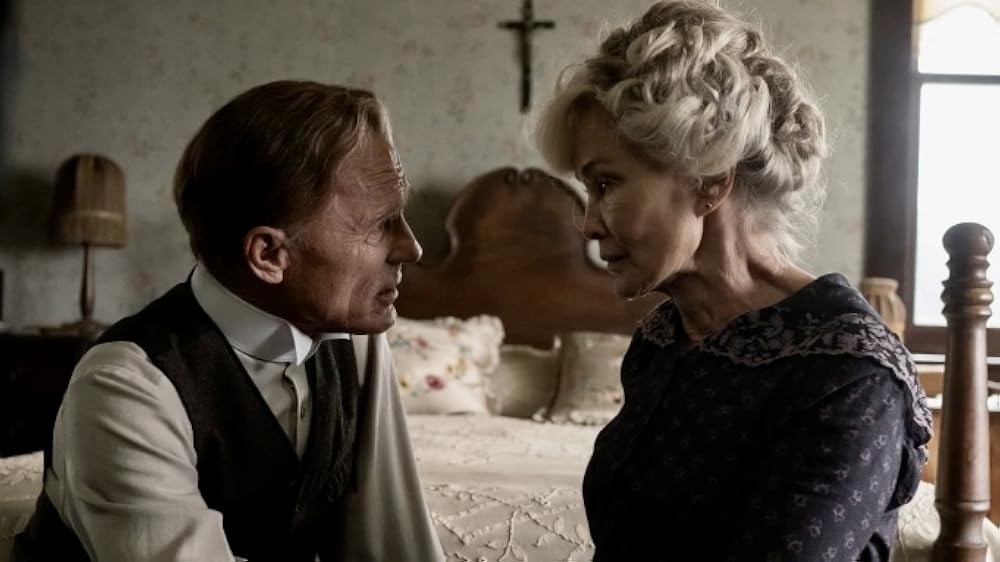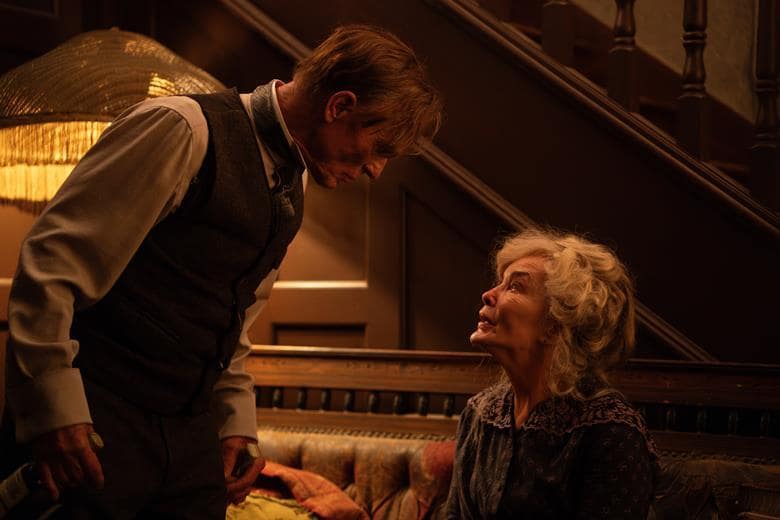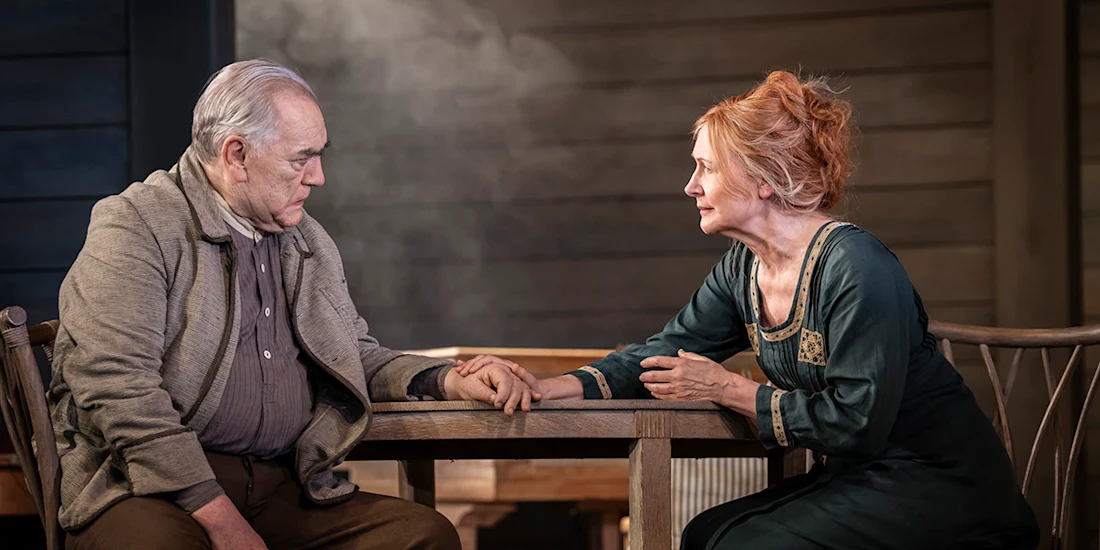Long Day’s Journey into Night (2025)

Long Day’s Journey into Night (2025) is a gripping and emotionally charged film directed by Jonathan Kent. Adapted from Eugene O’Neill’s Pulitzer Prize-winning play, the movie captures the essence of the original work while bringing a fresh, cinematic perspective to its themes. The story revolves around the Tyrone family, whose lives are torn apart by addiction, dysfunction, and the haunting weight of past mistakes. The film is a compelling exploration of the complexities of family dynamics and the emotional struggles that come with it, making it an intense and unforgettable experience for audiences.
Jonathan Kent’s directorial debut is nothing short of impressive. He skillfully captures the deep emotional currents that run through O’Neill’s play. Kent’s ability to portray the raw vulnerability of the characters, particularly in their moments of intense conflict, brings a new dimension to the work. He delves into the hearts of the characters, allowing their pain and struggles to resonate on screen. The cinematography mirrors this emotional depth, with intimate close-ups and long, lingering shots that enhance the feeling of confinement and despair that defines the Tyrone family.
The film features a remarkable ensemble cast, each actor delivering a performance that is nothing short of extraordinary. Jessica Lange portrays Mary Tyrone with heartbreaking vulnerability, capturing the inner turmoil of a woman battling addiction while clinging to a sense of dignity. Ed Harris brings a raw intensity to the role of James Tyrone, a man whose pride and past mistakes weigh heavily on him. Ben Foster and Colin Morgan complement the veterans with their strong performances, portraying the troubled sons who struggle to find their own identity amid the chaos of their family.

At its core, Long Day’s Journey into Night is a powerful reflection on the consequences of addiction and the difficulties of breaking free from the patterns of destructive behavior. The Tyrone family’s inability to escape their past mistakes and their emotional baggage is portrayed with such poignancy that it makes the viewer question how much of our own pain is tied to the mistakes we make and the choices we continue to live with. The film explores the complexities of addiction, not just as a physical dependency, but as a deep-seated emotional and psychological struggle.

In conclusion, Long Day’s Journey into Night is a masterful adaptation of Eugene O’Neill’s play, brought to life by Jonathan Kent’s sensitive direction and a stellar cast. The film is a deeply emotional and thought-provoking portrayal of family dysfunction, addiction, and the weight of past mistakes. Its raw performances and haunting cinematography ensure that it will stay with viewers long after the credits roll. This film is a testament to the power of great theater adapted to the screen, showcasing the timeless relevance of O’Neill’s work and the enduring human struggles it portrays.











